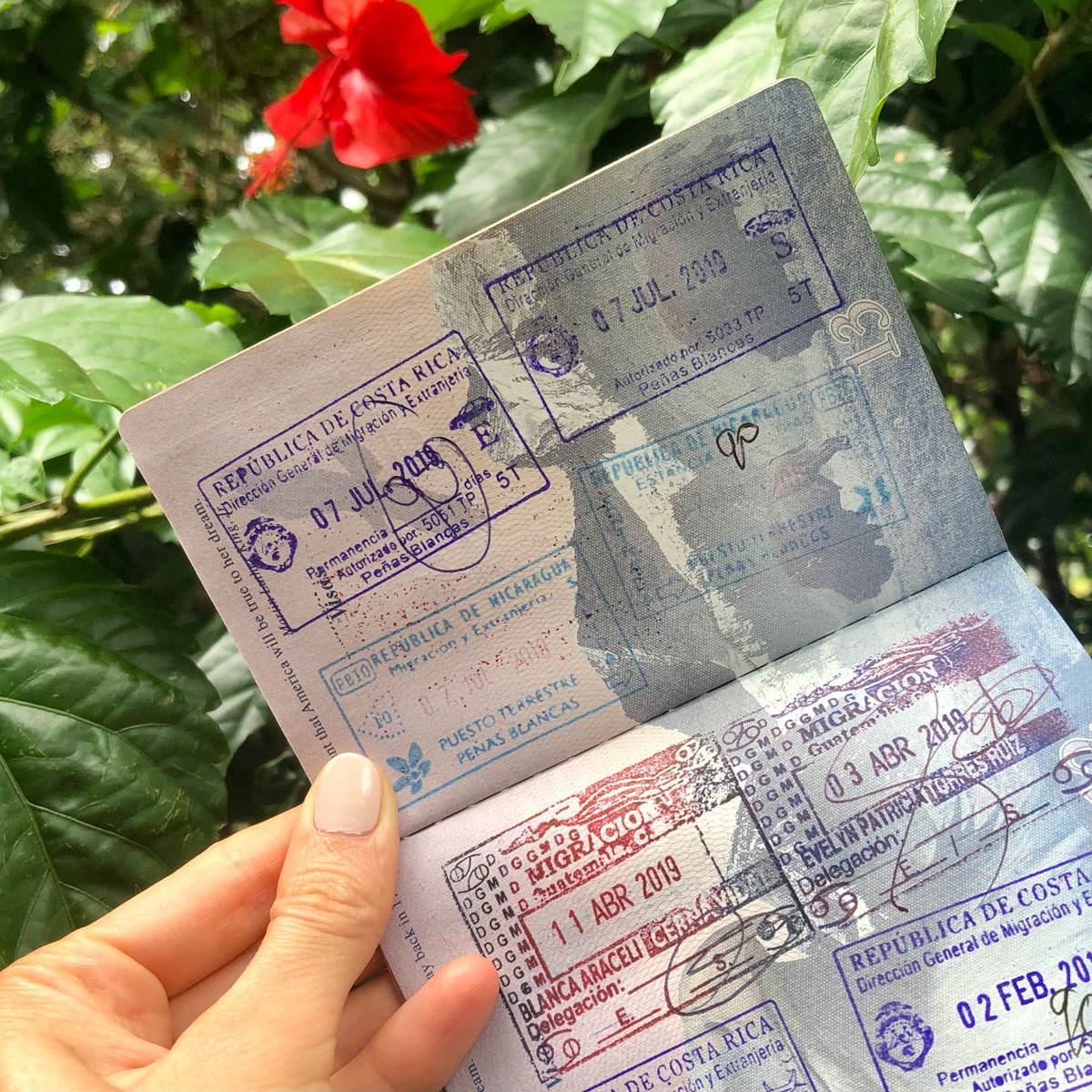Overview
Digital nomads, professionals who work remotely while traveling, enjoy unparalleled flexibility, yet they face a range of legal challenges. Many sources highlight that the legal landscape for these individuals is complex and multifaceted, involving visa and immigration hurdles, taxation and social security obligations, employment contract issues, data protection requirements, intellectual property concerns, and other regulatory compliance challenges[1][2][7]. This report provides a comprehensive overview of key legal issues digital nomads may encounter and emphasizes the importance of professional advice and careful planning to meet these challenges.
Visa and Immigration Challenges
One of the primary legal hurdles digital nomads must navigate is securing the appropriate visa or work permit. Numerous sources stress that working on a tourist visa is often not permitted, and many countries have introduced specific digital nomad visa programs to allow remote work legally[1][6]. Nomads must ensure that they comply with the destination country’s immigration requirements, as failing to obtain the correct visa can lead to penalties, deportation, or bans on re-entry. Overstaying the allowed period or misinterpreting what ‘working’ means in these jurisdictions can create additional legal exposure and uncertainty[1][6].
Taxation and Social Security Complications

Tax matters constitute another major legal concern. Digital nomads can trigger tax liabilities in multiple jurisdictions due to unclear tax residency rules, which are typically based on the number of days an individual spends in a country[5][8]. Many sources caution that nomads may face dual taxation unless international tax treaties and relief measures are properly applied. Furthermore, contributions to social security become complicated when an individual works across borders. Employers and digital nomads alike must consider whether local payroll, national insurance, or equivalent contributions are required, and they may need to secure certificates like the A1 form to prevent double contributions[4][5][10].
Employment and Contractual Issues
Employment law also poses significant challenges for digital nomads. Several texts note that misclassification issues—whether a worker is an independent contractor or an employee—can lead to disputes over statutory rights, benefits, and termination protections[1][11]. Remote working arrangements can blur traditional definitions, complicating issues such as working hours, overtime, and statutory leave entitlements. Contracts that do not clearly define the governing law or dispute resolution mechanisms across jurisdictions further exacerbate these problems and may leave digital nomads with fewer legal protections than their on-site counterparts[1][11].
Data Protection and Cybersecurity
The nature of digital work makes data protection and cybersecurity a critical legal issue. Digital nomads often use public Wi-Fi and various remote working platforms to connect to company systems. Sources explain that inadequate security measures can expose sensitive personal and business data, potentially violating laws such as the GDPR in Europe and similar regulations elsewhere[3]. Best practices include using VPNs, encrypting data, and adopting secure file-sharing methods. Failure to adequately protect data not only increases the risk of breaches but could result in significant regulatory fines and reputational damage[3].
Intellectual Property and Business Registration
Another legal challenge concerns the protection of intellectual property (IP). Digital creators may find that online content is easily copied or misused, leading to disputes over copyright, trademark, or patent rights[3][9]. Several sources highlight that businesses must register their IP, use watermarking techniques, and include clear IP clauses in contracts to safeguard creative works and proprietary information. Moreover, many digital nomads are required to register their businesses in one jurisdiction while operating internationally, which can create complications regarding local licensing and regulatory compliance[3][9].
Additional Regulatory Considerations
Other legal issues for digital nomads include local labor law differences, insurance, and health regulations. Sources emphasize that employees working abroad may face varying employment protection standards, such as mandated minimum leave or health and safety requirements, which differ significantly from those in their home countries[6]. Employers are advised to review local business registration and licensing requirements if digital nomads intend to operate as independent entities. Additionally, organizers of remote work must account for travel-related risks, such as ensuring adequate health insurance coverage and liability protection in foreign jurisdictions[6][10].
Conclusion

Digital nomads encounter a range of intertwined legal issues that span immigration, taxation, employment law, data protection, and intellectual property rights. The adaptability required by their lifestyle makes standard legal frameworks challenging to apply directly. For both individuals and their employers, it is vital to seek specialized legal and tax advice, maintain meticulous records, and use secure technological practices to mitigate risks. By understanding and planning for these legal challenges, digital nomads can better enjoy the benefits of a location-independent lifestyle while remaining compliant with the laws of multiple jurisdictions[1][2][7][8].
Get more accurate answers with Super Pandi, upload files, personalized discovery feed, save searches and contribute to the PandiPedia.
Let's look at alternatives:
- Modify the query.
- Start a new thread.
- Remove sources (if manually added).

